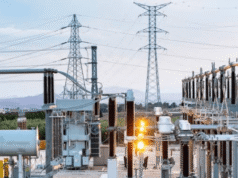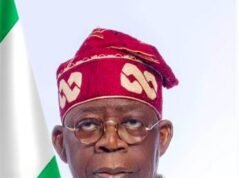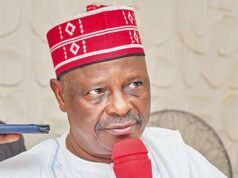In a striking assessment delivered this week, the Chief Executive Officer of FibreOne Broadband Limited highlighted a startling economic drag: Nigeria is forfeiting an estimated $15 billion each year due to chronic broadband infrastructure deficits. This revelation underscores the urgent need for systemic reform and powerful investment to reshape the country’s digital future.
Table of Contents
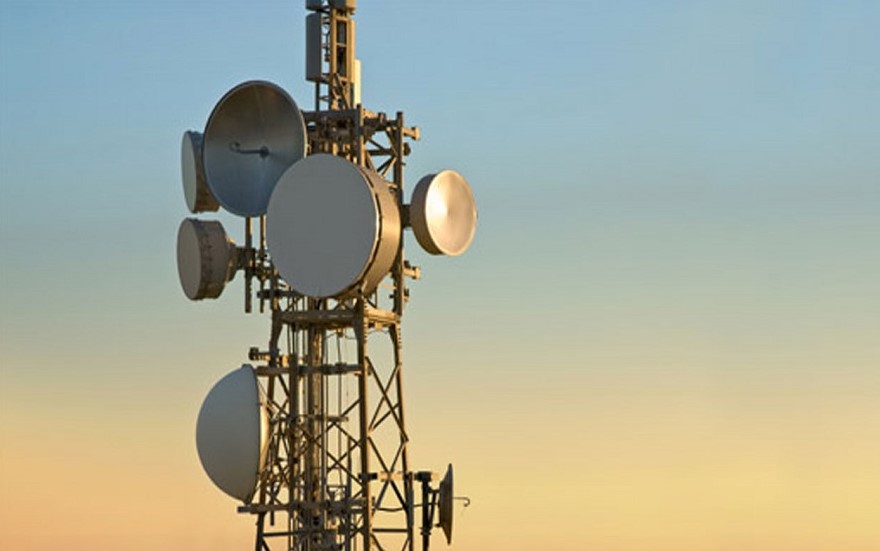
A Bleeding Economy
According to FibreOne, Nigeria’s broadband access gap is not only hampering internet penetration—it is significantly denting productivity, innovation, and socio‑economic mobility. The $15 billion annual loss equates to nearly four times the combined federal budget for education and health, and mirrors the entire yearly allocation to a single Nigerian state.
This shortfall magnifies beyond headline numbers. As the CEO argued, over 45 million schoolchildren risk missing out on digital learning opportunities, healthcare services remain remote for rural communities, and Nigeria’s expanding ambition as a global outsourcing hub is being undermined by wavering connectivity.
Underlying Drivers
FibreOne’s leadership outlined a trio of entrenched bottlenecks stalling broadband progress:
- Sky‑high deployment costs: Laying fibre costs up to $50,000 per kilometre in Nigeria—driven by civil engineering fees, right-of-way charges, terrain challenges, and community levies—which dramatically stretches return‑on‑investment timelines.
- Unstable power infrastructure: Between 30–40 % of network operating expenses go into fuel and energy generation due to erratic grid access. This erodes service delivery and inflates operational overheads.
- Low revenue per user: With average monthly earnings per subscriber at just $10–20—compared to $50 or more in many developed markets—the local customer base struggles to justify high capital outlays.
The Broader Digital Context
Recent telecom data show Nigeria’s overall internet penetration hovered around 48.8% in May 2025—roughly half the population, a modest rise from 40% in 2020. Broadband subscriptions stood at about 45.6% earlier in the year, signalling that many users depend on 3G or slower connections.
Meanwhile, FibreOne itself has experienced turbulence. A mass churn observed in recent months saw subscriber losses exceeding 40% in six months, reflecting broader industry disruption amid emerging competitors like Starlink and Spectranet.
World Bank and Government Pivot to Broadband
Recognising the scale of the challenge, the Federal Government—with support from the World Bank Group—has initiated one of the most ambitious telecom infrastructure drives in Africa. A plan is underway to deploy 90,000 to 120,000 kilometres of new fibre optic cables across Nigeria—bringing broadband access to schools, hospitals, businesses and remote communities.
Funding arrangements include a mix of public–private partnerships, a new Special Purpose Vehicle structure, and stakeholder collaboration, paving the way for financing via the Universal Service Provision Fund and other investment vehicles.
Minister of Communications, Dr. Bosun Tijani, confirmed that about 3,035 km of fibre is in place, but emphasised that the country needs at least 120,000 km to deliver quality, affordable connectivity at scale, with investment targets of around $3 billion over the next two to three years.
World Bank executives have endorsed the initiative, noting its alignment with broader goals including youth employment, digital inclusion, and institutional reforms supporting accelerated economic growth.

The Stakes: More Than Data
Beyond obvious economic losses, the digital divide has pervasive consequences:
- Educational exclusion: Millions of students lack remote access to online platforms, programs, and global learning resources.
- Healthcare inaccessibility: Rural populations remain cut off from telemedicine and health information systems.
- Business fragility: SMEs face connectivity constraints limiting their potential to participate in remote work, e‑commerce or outsourcing opportunities.
FibreOne’s CEO framed the broadband gap as not just infrastructure failure, but a social equity crisis—one that deepens geographic, economic and generational divides.
Solutions: Charting the Way Forward
Closing Nigeria’s broadband deficit will require a holistic, multi-pronged approach:
- Infrastructure scale-up
Accelerate fibre deployment nationwide—particularly in underserved zones—by fast-tracking permits, reducing levies, and enhancing coordination with road and civil works agencies. - Financial incentives and cost-sharing
Create concessional financing and risk-sharing mechanisms (e.g. grants, low-cost debt, Universal Service Fund allocations), making high-cost fibre rollout economically feasible. - Enhancing power reliability
Invest in renewable or decentralised energy solutions (solar, micro-grids), reducing reliance on diesel generators and streamlining running costs for ISPs. - ARPU rebalancing & user affordability
Introduce tiered pricing, volume-based packages, or bundled services to raise average revenue per user while promoting affordability. - Regulatory reform & PPP frameworks
Strengthen policy coordination to ensure streamlined approvals, digital infrastructure classified as a critical national asset, and foster viable public–private broadband delivery models. - Digital inclusion + human capital
Pair infrastructure deployment with digital literacy programs, public Wi‑Fi hubs, local content hosting, and broadband-enabled public services.
A Strategic Imperative
As the FibreOne CEO warned, the broadband gap’s annual cost far exceeds typical budget lines—it is a structural headwind suppressing Nigeria’s ambitions to become a fully digital, innovation-driven economy.
The proposed $3 billion infrastructure investment is bold. Yet unless it is matched with reform, operational improvements, and inclusive policies, the country risks repeating the cycle of poor connectivity delivery.
However, the opportunity ahead is transformative: a modern fibre network could support Nigeria’s next wave of economic growth, drive youth employment, enable quality remote education and healthcare, and position the nation as a competitive outsourcing and knowledge hub in Africa.
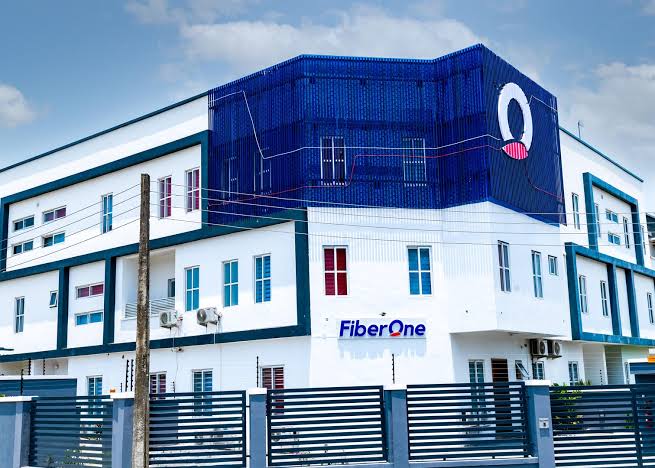
Conclusion
In calling out a $15 billion annual loss to broadband inaccessibility, FibreOne’s leadership has laid bare one of Nigeria’s most pressing economic vulnerabilities, one too costly to ignore.
Bridging this gap demands strategic, well‑funded intervention from government, development partners, and private providers alike. With proactive policy, sufficient capital, and stakeholder alignment, Nigeria stands to reclaim lost ground, empower its population, and reimagine broadband not as luxury but as essential infrastructure to national progress.
Join Our Social Media Channels:
WhatsApp: NaijaEyes
Facebook: NaijaEyes
Twitter: NaijaEyes
Instagram: NaijaEyes
TikTok: NaijaEyes



